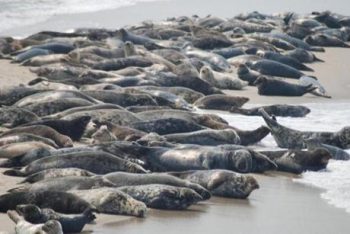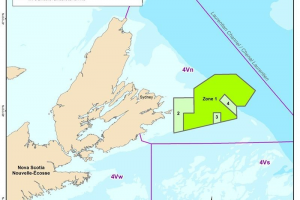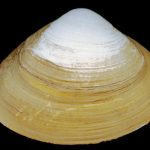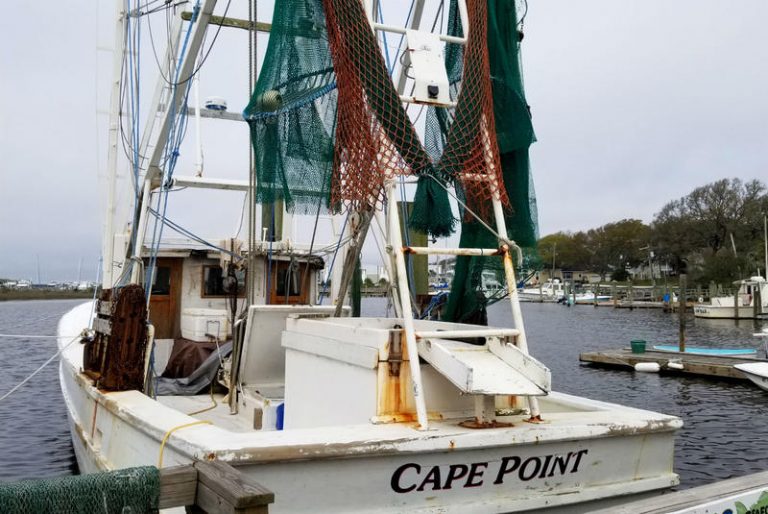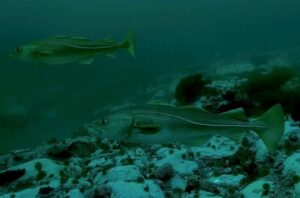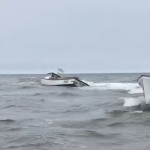Tag Archives: Peter Howell
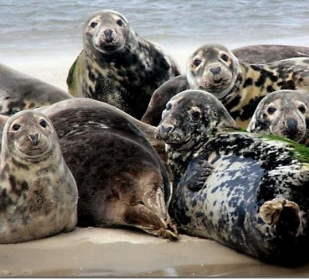
Great white sharks not the only threat gray seals bring – Here’s Why.
Over the winter, gray seals have — thanks in large measure to the protection afforded by the Marine Mammal Protection Act — further augmented their numbers. The “gray seal buffet” is once again open for business. But this season is, of course, unlike any in recent times. For the Cape and Islands, the coronavirus poses a far greater threat to the safety of its beachgoers and well-being of its economy than white sharks. But those threats are not necessarily unrelated. Here’s why. The Marine Mammal Protection Act is distinctive in that it not only protects all marine mammals, it protects them in perpetuity, regardless of their numbers and impact on co-existing species, including humans. Let me hasten to acknowledge that the act was necessary and appropriate when it was passed almost 50 years ago and remains so in most respects. Because it protects marine mammals permanently, it in effect relies on nature to take its course in controlling marine mammal populations and finding an appropriate balance among competing and coexisting marine species. >click to read< 09:06
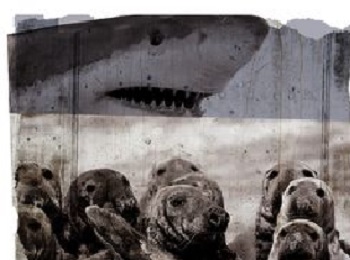
Protecting gray seals — when does success become excess?
The ever-expanding gray seal population in our coastal waters is protected in perpetuity by the Marine Mammal Protection Act of 1972. The success of the act in restoring gray seal populations is widely acknowledged, but at what point should we address the problematic consequences of that success? With numbers of white sharks — attracted by gray seals — being spotted off our beaches, answering that question is becoming increasingly urgent. >click to read< 17:50
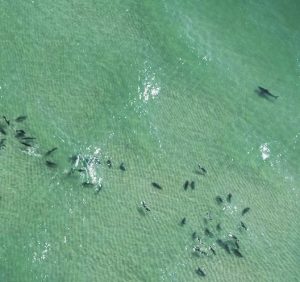
White sharks aren’t the issue. Gray seals are – amend the 1972 Marine Mammal Protection Act
Last summer’s white shark attacks off Cape Cod beaches, one resulting in the first human fatality in the state in over 80 years, highlight the fact that times change, our marine ecosystem is evolving, and laws need to adjust to these changing realities. However tragic those shark attacks are for the victims and their families, the white sharks are not the issue; they simply dramatize it. The ever-increasing population of gray seals is the issue.,, A realistic start to addressing this issue would be to amend the 1972 Marine Mammal Protection Act to provide for delisting recovered species, such as the gray seal. Admittedly, while delisting would not resolve the issues of controlling seal population growth or related white shark attacks, it would be a reasonable first step for the following reasons: >click to read<09:31






